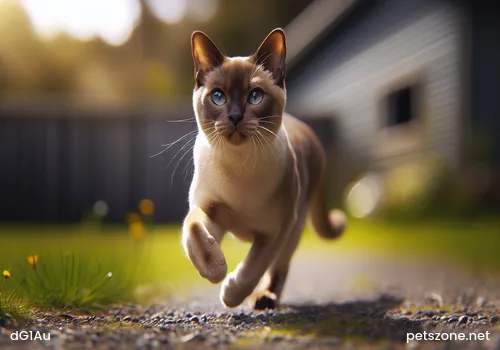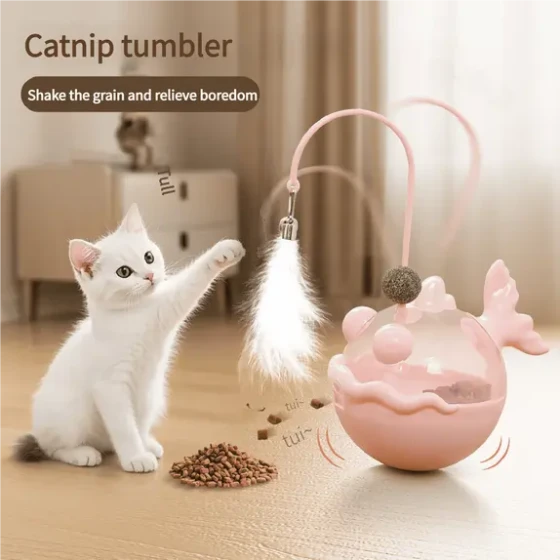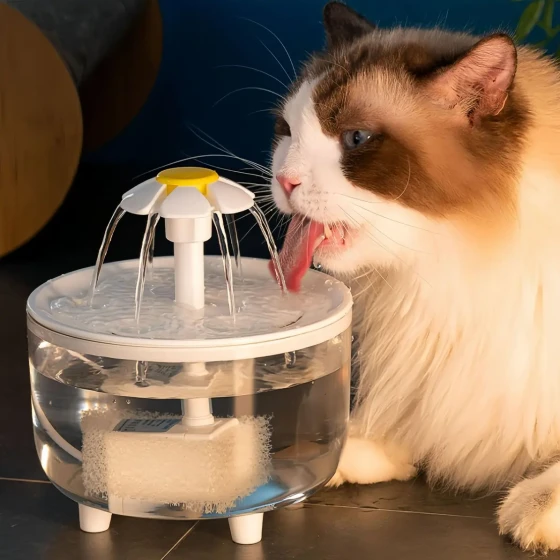What to Do When Cats Have Diarrhea? Four Methods to Help
Many people who raise cats at home will encounter situations where their cats have diarrhea, especially novice owners. So what should you do when your cat has diarrhea? How should you handle this problem? When this happens, the owner should not panic and first find out the cause of the cat's diarrhea (especially for kittens). Once the cause is identified, correct countermeasures can be taken.

1. When the owner notices the cat has diarrhea, they can initially reduce the amount of food given (halve the feed quantity). If the situation is not very serious, it generally returns to normal after two or three days. However, be careful not to starve the cat for too long to avoid malnutrition. At the same time, some probiotics for cats can be used to reduce gastrointestinal reactions. Also, do not leave food in the bowl for too long, as bacteria in the air can easily multiply in it. Food, water, and cat litter should be placed as far apart as possible.
2. You can try switching to a new cat food. If after a period the cat has not contracted any other diseases and the diarrhea symptoms have eased, it can be determined that it was not gastroenteritis, but the cat was just not adapted to the original cat food. Just replacing the cat food will suffice. Note that the change should be gradual—add a certain proportion of the new cat food daily for two to three days, possibly combined with probiotics. If the cat does not react much, you can fully switch to the new cat food.
3. If possible, you can take the cat to a formal hospital for a stool test to check if parasites are the cause. It is also possible that the cat has taken deworming medicine, which can cause diarrhea for a few days. This is nothing to worry about.
4. If the cat has diarrhea but still has good energy and appetite, and the surrounding temperature has dropped significantly, the cat might be catching a cold or ill. Make sure to keep the cat warm and do not let it go out in the wind until it recovers. Attention! If the cat experiences severe diarrhea, the feces have a foul smell and contain large amounts of blood streaks or clots, along with severe vomiting, the cat’s mental state is poor, it has no appetite, and has a fever. Except for the last two symptoms, if any of the earlier ones appear, the owner should be alert and immediately take the cat to the hospital for treatment. This situation is very likely to be feline distemper or a viral infection.





